Every living creature has its place in the natural world, but some animals play a particularly crucial role in keeping ecosystems balanced and thriving.
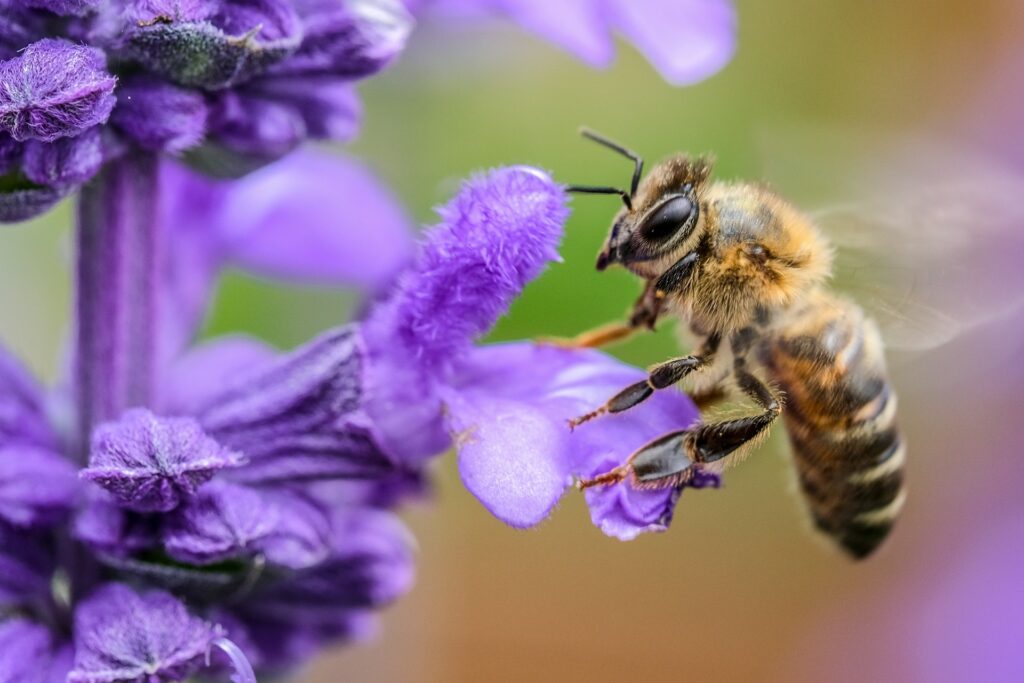
Whether they help pollinate plants, maintain healthy forests, or regulate populations of other species, these animals are vital to the health of the planet. Without them, entire ecosystems could collapse, affecting everything from food chains to climate stability. Here are some of the most important animals out there, and why they’re so valuable.
Bees are the world’s most important pollinators.
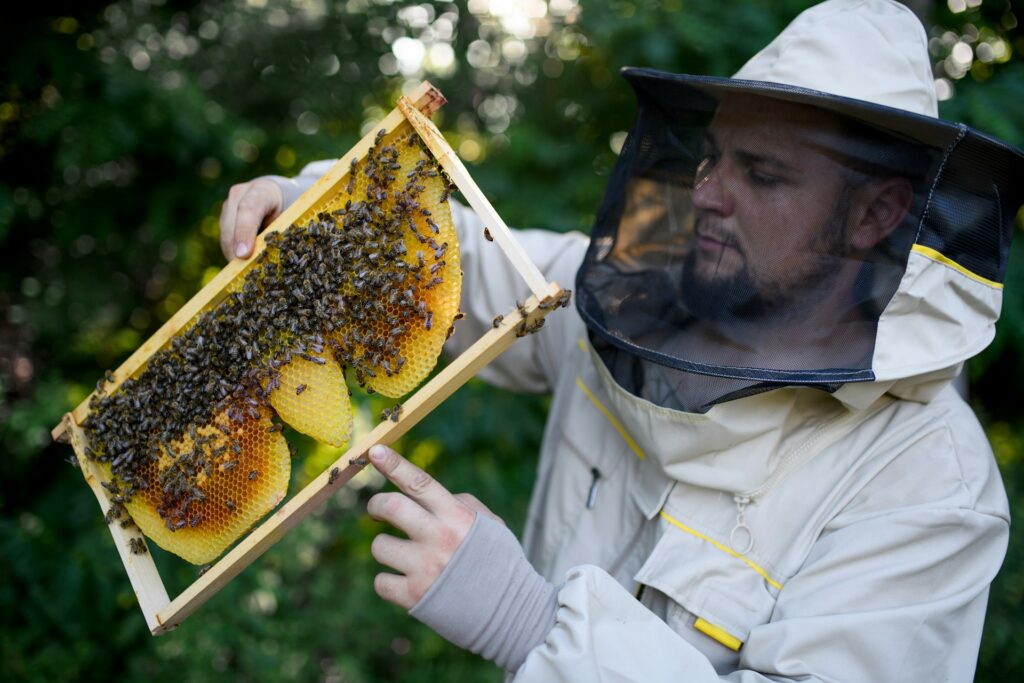
Bees are essential for pollinating flowers, fruits, and crops, making them one of the most valuable species for global food production. Without their pollination services, many plants would struggle to reproduce, leading to a decline in food sources for both animals and humans. However, habitat loss, pesticides, and climate change threaten bee populations worldwide. Protecting them by planting pollinator-friendly flowers and reducing pesticide use helps ensure they can continue their vital role in maintaining ecosystems.
Sea otters keep kelp forests healthy.

Sea otters may look adorable, but they play a critical role in protecting kelp forests. They do this by controlling sea urchin populations, which would otherwise overgraze and destroy the kelp. These underwater forests provide habitat for countless marine species and help absorb carbon from the atmosphere. Without sea otters, kelp forests could disappear, leading to a chain reaction of habitat loss. Conservation efforts to protect these marine mammals are essential for maintaining the balance of coastal ecosystems.
Wolves regulate prey populations.
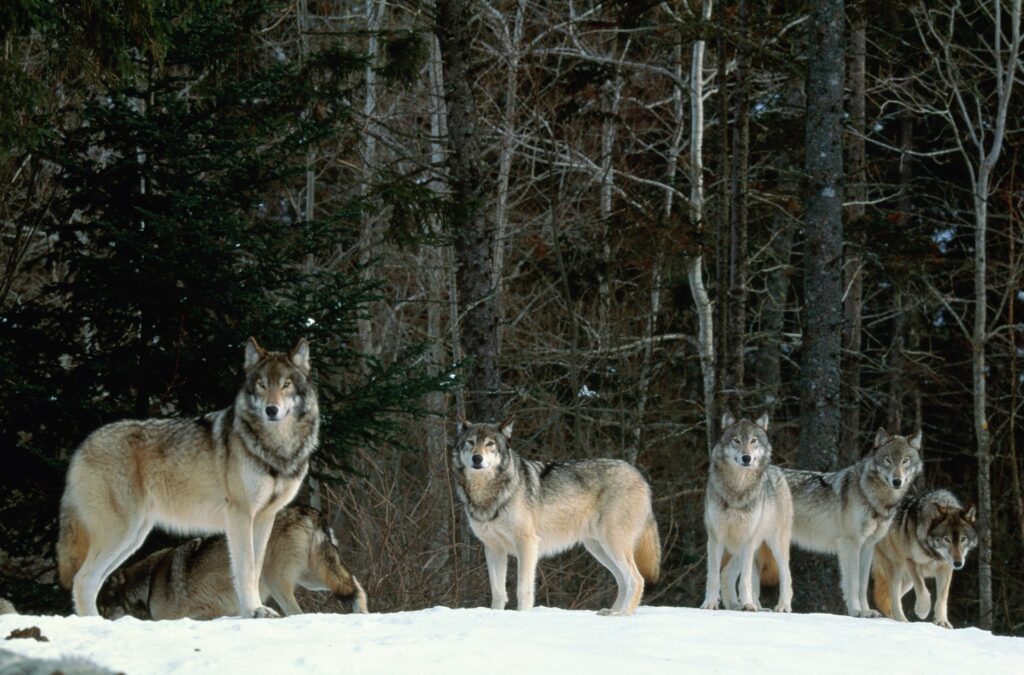
As apex predators, wolves help control populations of herbivores like deer and elk, preventing overgrazing in forests and grasslands. When wolves were reintroduced to Yellowstone National Park, they dramatically improved the ecosystem by reducing deer populations, which allowed trees and plants to recover. This, in turn, benefited birds, beavers, and other species that rely on healthy vegetation. Wolves demonstrate the importance of predators in maintaining ecosystem stability, showing that even top carnivores have a role in protecting the environment.
Elephants are nature’s landscapers.
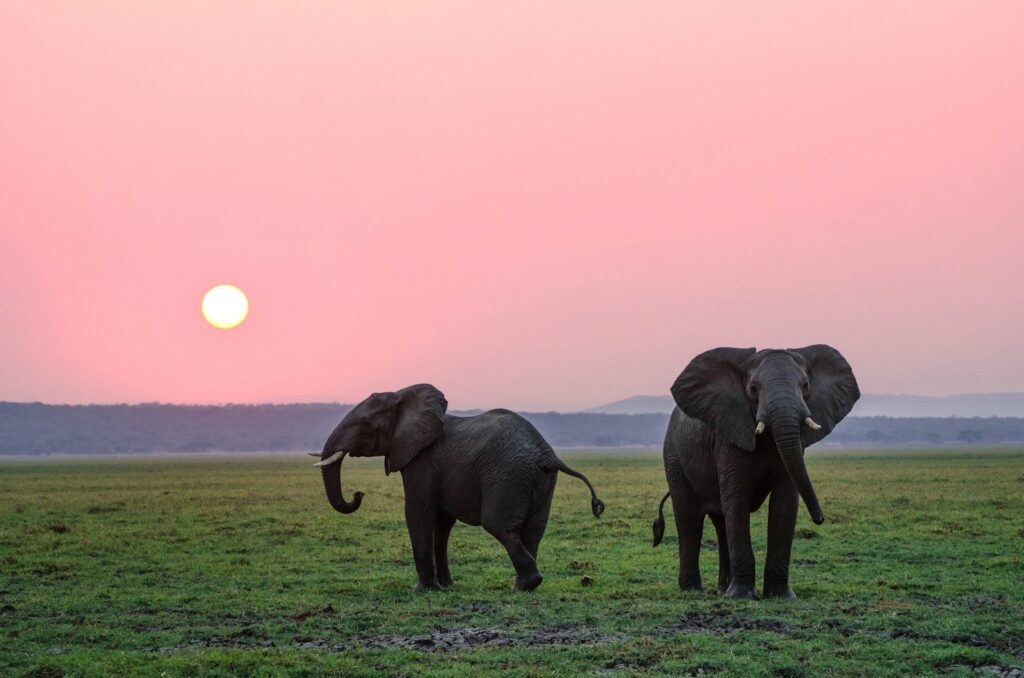
Elephants shape the landscapes they live in by knocking down trees, spreading seeds, and creating water holes that benefit other animals. In African savannas, they prevent grasslands from becoming overgrown with trees, which helps maintain habitats for a variety of species. In forests, elephants act as seed dispersers, helping plants grow in different areas and keeping ecosystems diverse. Protecting elephant populations ensures that these natural engineers can continue maintaining the delicate balance of their environments.
Bats control insect populations and pollinate plants.
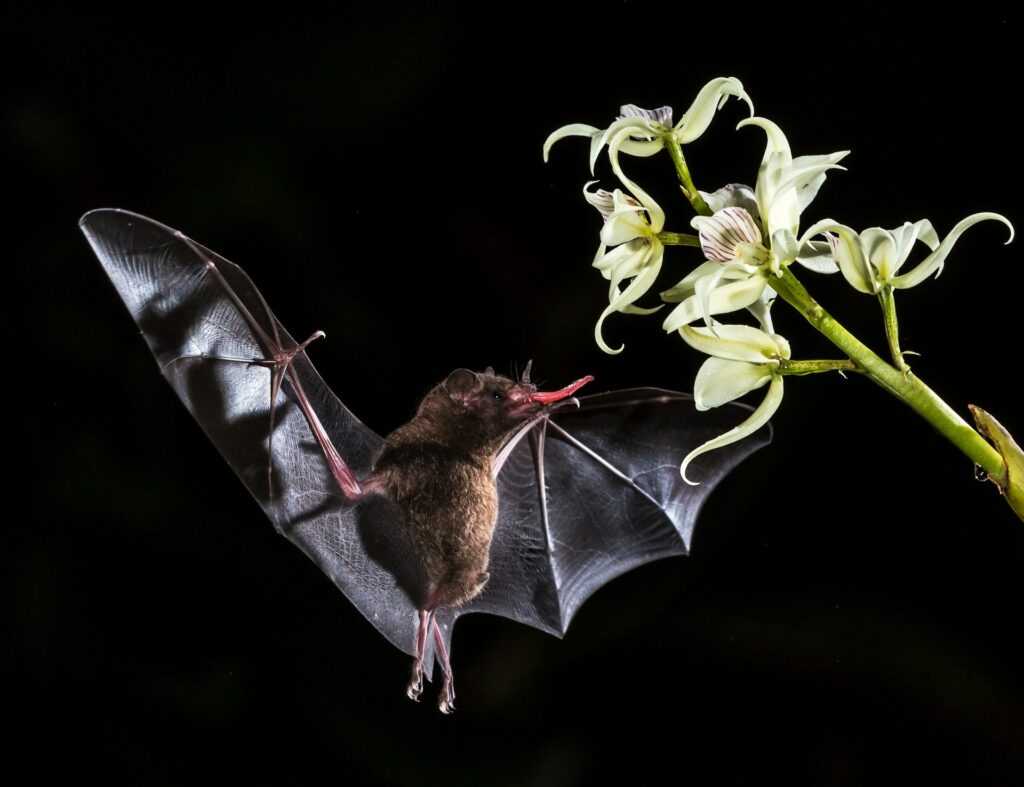
Bats provide two major environmental benefits: pest control and pollination. Many species feed on insects like mosquitoes, reducing the spread of diseases and keeping crop-damaging pests in check. Other species pollinate plants, including fruits like bananas and mangoes. Bat populations have been declining due to habitat loss and disease, but conservation efforts help protect these nighttime pollinators. Without them, many ecosystems would struggle to maintain balance.
Prairie dogs improve soil and support biodiversity.

Prairie dogs are often seen as pests, but they are actually ecosystem engineers. Their burrowing aerates the soil, allowing water to penetrate deeper and improving plant growth. This benefits many other species, including bison and antelope, which graze on the grasses that thrive in prairie dog colonies. Their burrows also provide homes for animals like burrowing owls and reptiles. Protecting prairie dogs means preserving entire ecosystems that rely on their digging activities.
Sharks maintain healthy ocean ecosystems.
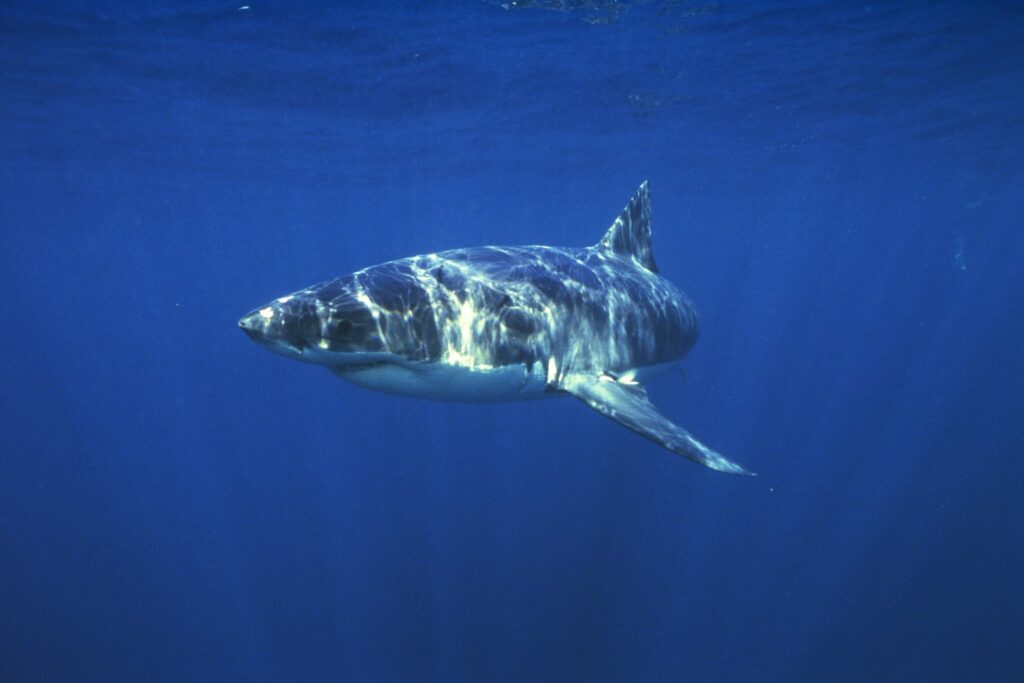
Despite their fearsome reputation, sharks play a vital role in keeping ocean ecosystems in balance. As top predators, they regulate populations of fish and other marine creatures, preventing any single species from overpopulating and damaging the ecosystem. Overfishing and habitat destruction have led to significant declines in shark populations, disrupting marine food chains. Protecting sharks is essential for maintaining the health of the world’s oceans.
Ants improve soil quality and plant growth.
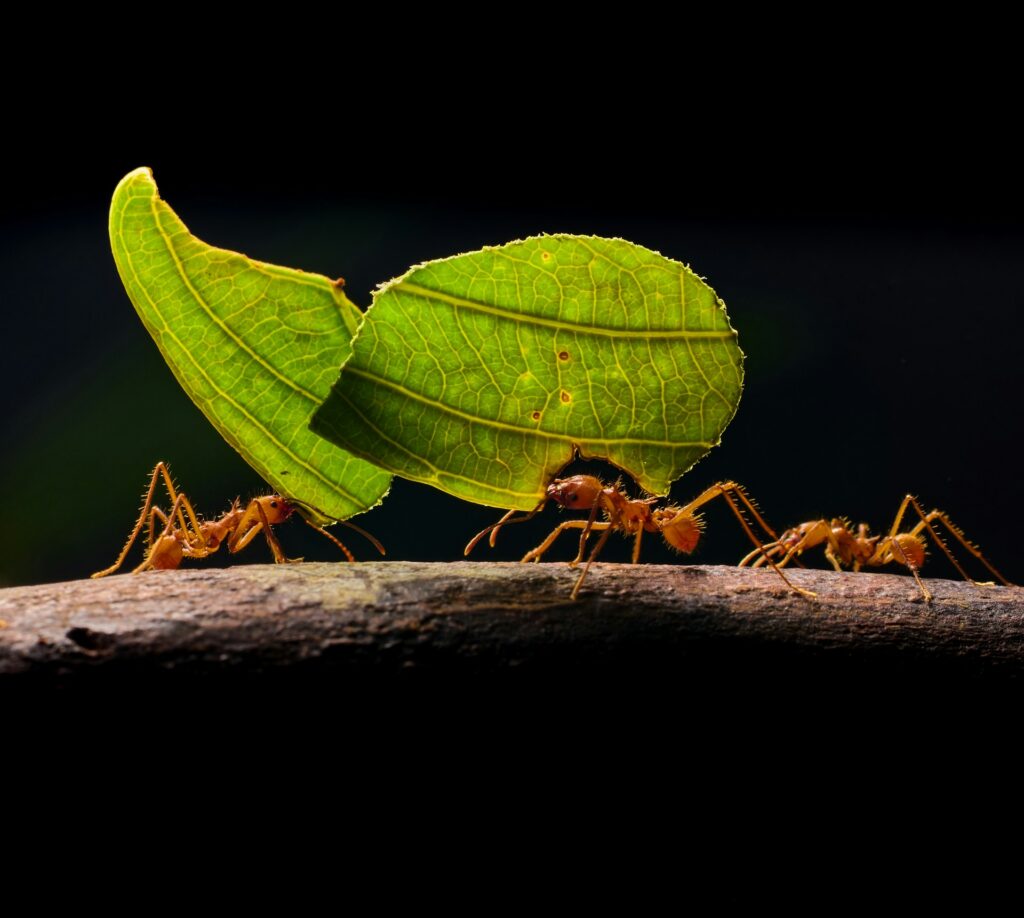
Ants may be small, but they have a huge impact on ecosystems. By tunnelling through soil, they help aerate it, allowing plants to grow more efficiently. They also transport seeds, aiding in plant reproduction and increasing biodiversity. In rainforests, some ant species protect trees by fending off herbivorous insects, helping maintain healthy forests. Their role in nutrient cycling makes them one of the planet’s most important ecosystem supporters.
Beavers create wetlands that support countless species.
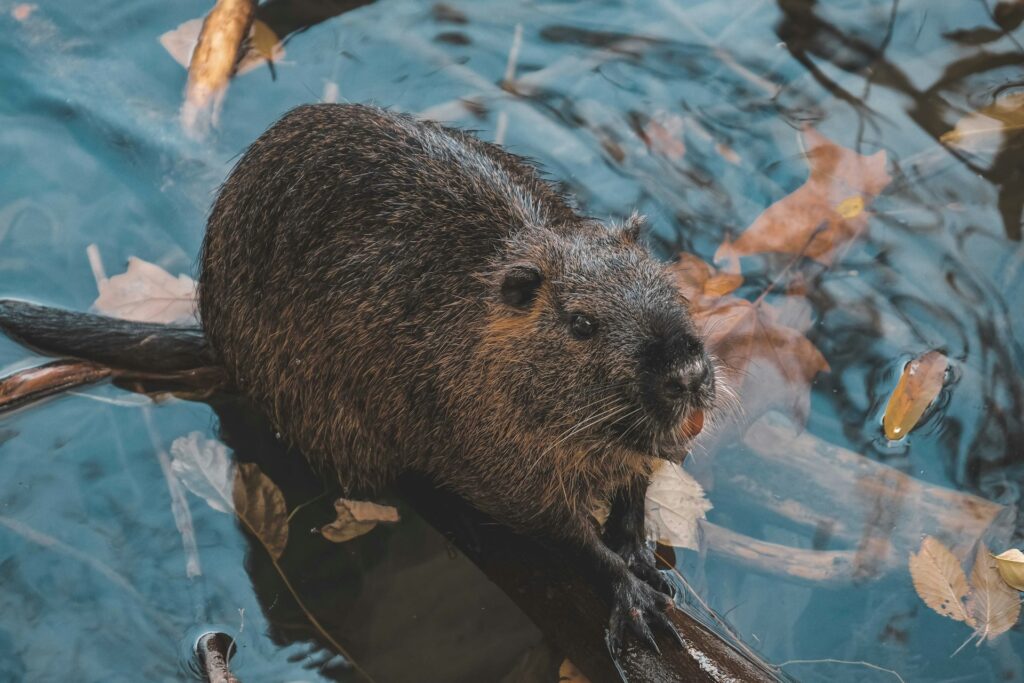
Beavers are nature’s architects, building dams that create wetland habitats. These wetlands support a wide range of wildlife, from fish and amphibians to birds and insects. They also help filter water, reduce erosion, and store carbon, making them vital for ecosystem health. Many wetlands have disappeared due to human development, but beavers help restore them naturally. Protecting these industrious animals allows them to continue their role as ecosystem engineers.
Vultures prevent disease by cleaning up dead animals.
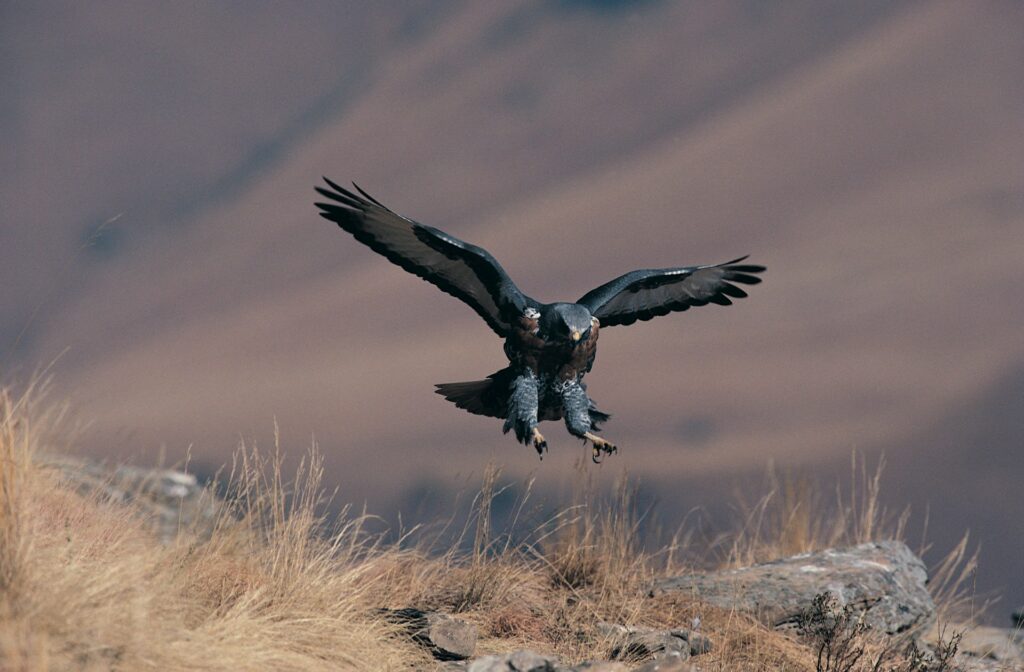
Vultures are nature’s clean-up crew, feeding on dead animals and preventing the spread of disease. Without them, carcasses would take much longer to decompose, allowing harmful bacteria to spread through the environment. In areas where vulture populations have declined, there has been an increase in diseases that affect both wildlife and humans. Protecting these scavengers is crucial for maintaining ecosystem health and disease control.
Coral supports marine life and protects coastlines.
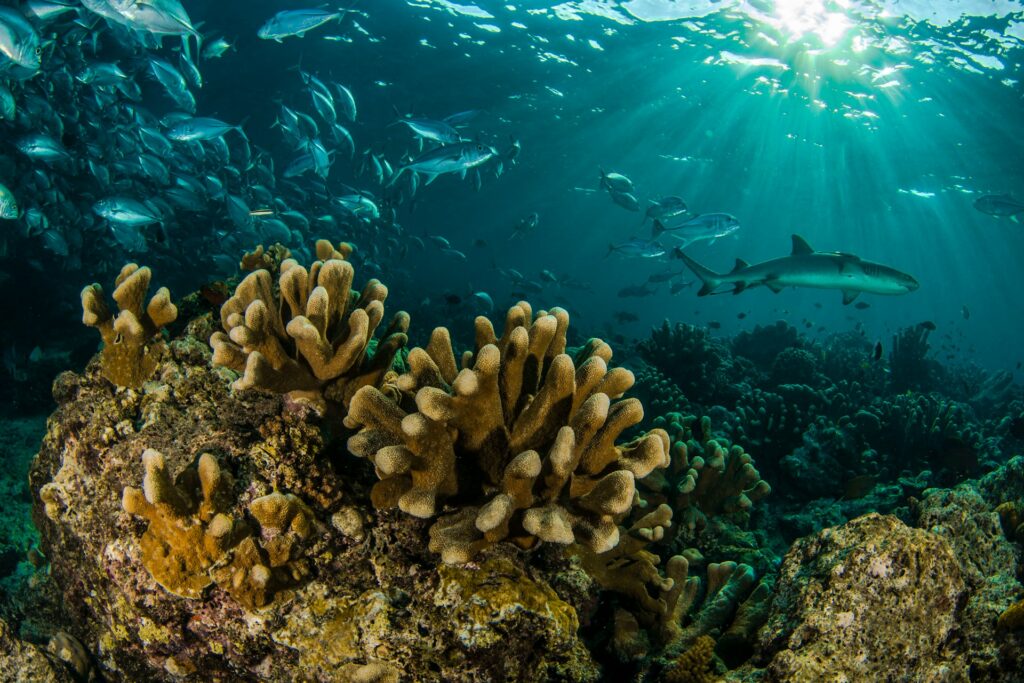
Coral reefs are often called the “rainforests of the sea” because they support an incredible diversity of marine life. They provide shelter and breeding grounds for fish, protect coastlines from erosion, and store carbon from the atmosphere. However, rising ocean temperatures, pollution, and overfishing threaten coral reefs worldwide. Conservation efforts to restore damaged reefs and reduce human impact are essential to preserving these underwater ecosystems.
Dung beetles recycle nutrients into the soil.
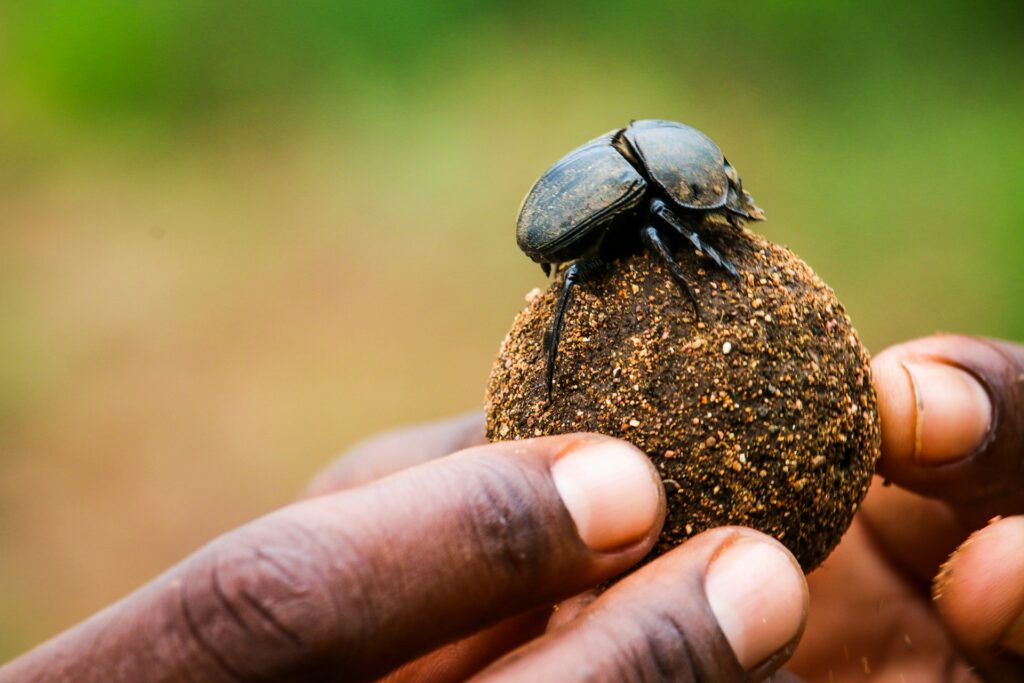
Dung beetles may not be the most glamorous animals, but they perform an essential function in ecosystems. By breaking down animal waste and burying it in the soil, they recycle nutrients, improve soil health, and reduce the spread of parasites. Their work is particularly important in grassland ecosystems, where large herbivores like cows and bison produce massive amounts of waste. By cleaning up these areas, dung beetles contribute to healthier, more balanced ecosystems.
Every species plays a role in keeping nature in balance.
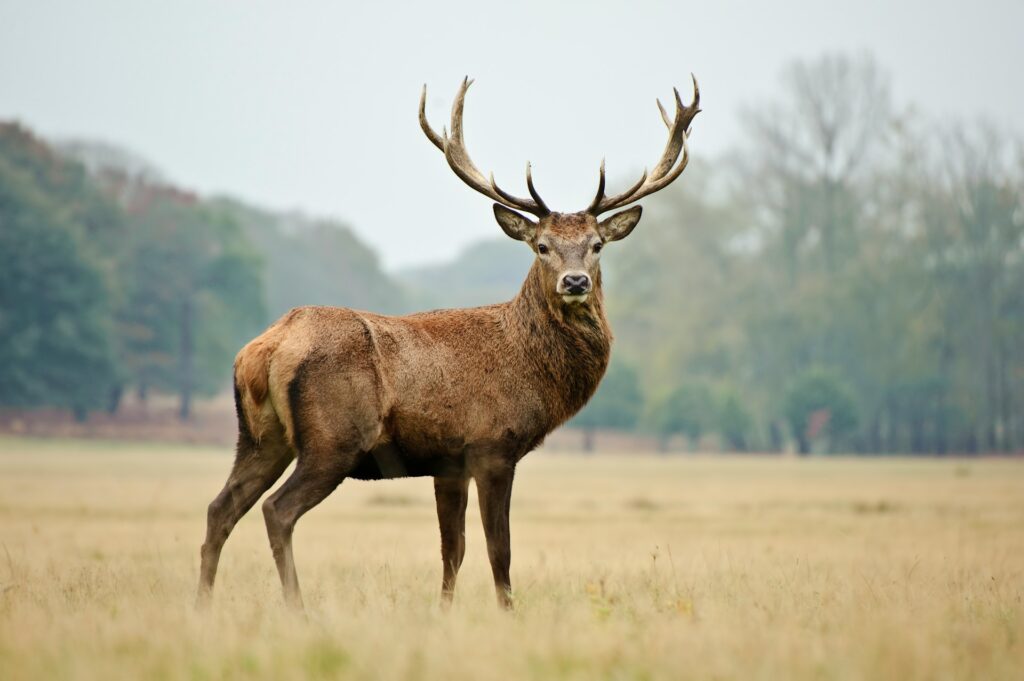
From the smallest insects to the largest mammals, many animals play an essential role in keeping ecosystems thriving. Whether they act as pollinators, predators, or engineers of their environment, these creatures shape the world around them. Protecting them isn’t just about saving individual species—it’s about preserving the entire web of life that keeps our planet healthy.